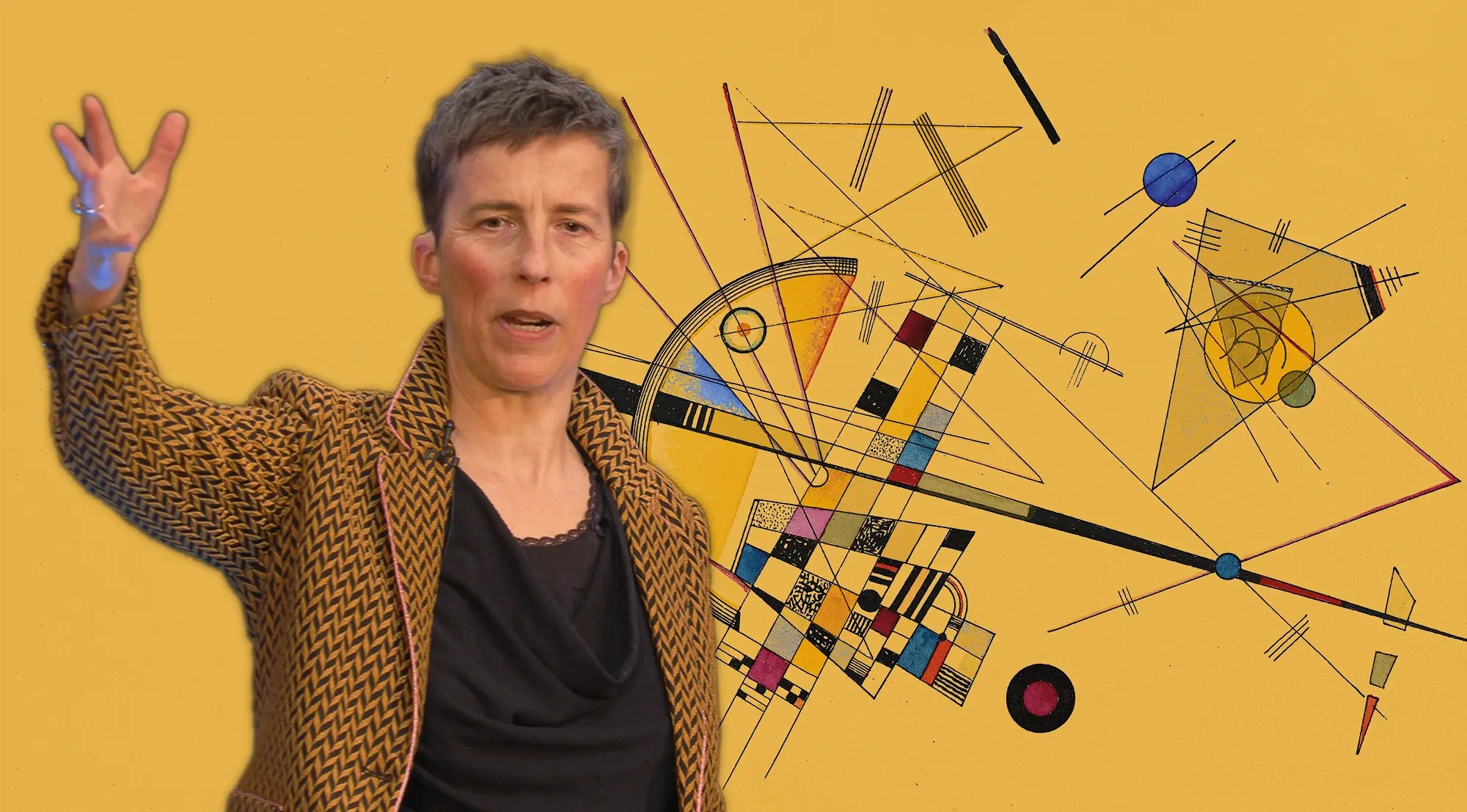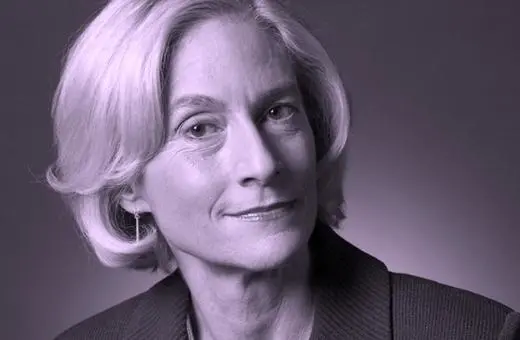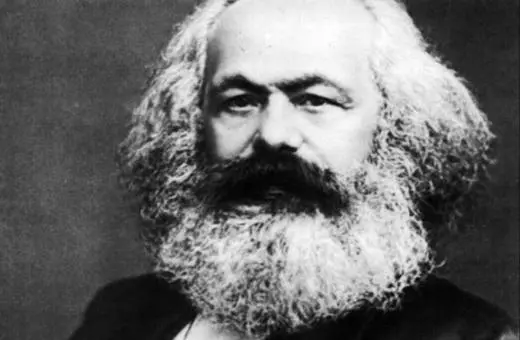Italian legal and political philosopher Geminello Preterossi argues that, as Trump and others’ victory around the world shows us, the liberal political project has failed. He ascribes this to liberals’ own blindness to the effects of their politics on the world around them. His suggestion to those who want to overturn Trump and co. is twofold: firstly, we must engage in a rigorous and merciless self-critique, which he begins in this piece; and secondly, we must rediscover a political theology that can unite large groups of people around a new political project, starting from the small examples of sacredness we see in our world now.
We live in a special time: while history is kicking back into gear thanks to the great geopolitical transformations of our moment, Western elites seem to live in a closed-off aquarium of oft-repeated clichés considered to be liberal and “progressive”. The effect is a break from reality: we, or Western liberals, have entered a psycho-political plane.
___
Over the course of the last decades, and with the decisive victory of neoliberalism, we as a society, and I am broadly speaking of the West, have lost the plot. We no longer have the theologies – religious, political, or otherwise – that tied us together.
___
This can only produce disasters and inhibit any critical or political antidotes. Yet it now seems impossible to subtract ourselves from the reigning logic. That would reveal the cracks in our reality that pretends to be absolute. This is key: the liberal worldview presents itself as absolutist, pretending it has the ability to know and incorporate everything within itself. Neoliberalism, which is anti-dialectical (i.e., it refuses a back-and-forth exchange with other phenomena or realities that could lead to synthesis), denies the process which has been the bedrock of Western societies and which led to its own existence: the transcendence of individual interests and experiences into the collective social forms of political, judicial, and secular institutions. That, in a nutshell, would be politics and political theology. Yet neoliberalism’s very denial of this political process is in itself political.
SUGGESTED VIEWING Neoliberalism: A Soviet nightmare With Abby Innes
Over the course of the last decades, and with the decisive victory of neoliberalism, we as a society, and I am broadly speaking of the West, have lost the plot. We no longer have the theologies – religious, political, or otherwise – that tied us together and helped us find (imperfect) cohesion and transcendence directed towards achieving some political horizon. We need a new political theology: a form of shared meaning that can transcend individual interests and unite us in a shared purpose. This political theology, I believe, should take up the tradition of the last century and ground itself in collective political meaning-making projects, even at a smaller scale, such as at the neighborhood level. But first, I believe, we must engage in a rigorous and critical act of self-analysis of our recent trajectory. We must call the issues by name. Part of the reason our current political paradigm is so successful is that it refutes such reckoning. This article, on the contrary, attempts to recover it.
The death of God






















Join the conversation